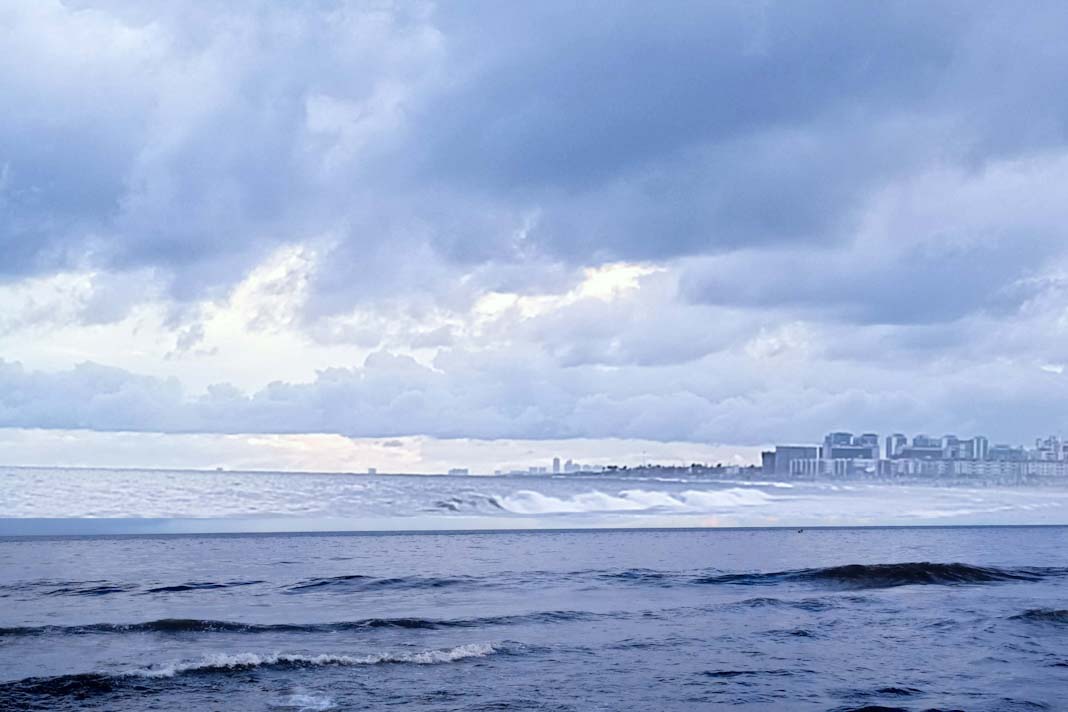-
The number of older shadow fleet tankers linked to sanctions risks is growing, raising safety concerns.
-
Sanctioned ships lose access to insurance and maintenance, increasing maritime hazards.
-
Flags of convenience and lax oversight contribute to uneven safety standards in the shadow fleet.
-
Industry experts suggest targeting flag states to improve regulation and address risks.
A recent joint study by S&P Global Commodity Insights and S&P Global Market Intelligence reveals a sharp increase in older crude and product tankers associated with sanctions risks. As of May, 940 tankers—averaging 20 years in age—were either confirmed by Western authorities to have breached sanctions or were flagged as high-risk, up from 591 the previous month. Data from classification society DNV highlights growing safety concerns, with vessels aged 20 years or more involved in 52% of shipping incidents in 2024, compared to 43% a decade ago. The aging trend is also tied to recycling challenges, as shipbreakers in South Asia are reluctant to dismantle sanctioned tankers. Scrap dealer GMS has suggested adjusting sanction rules to help address the issue.
The Role of Flag States in Shadow Fleet Safety Concerns
Industry experts urge governments to factor in safety risks associated with shadow fleet tankers as sanction measures tighten and the number of these vessels rises. Russia, Iran, and Venezuela have increasingly acquired older tankers through state or linked entities to sustain their oil exports despite Western sanctions. Once blacklisted, these ships lose access to crucial insurance and maintenance services in many regions, raising significant maritime safety concerns.
Jan Dieleman, head of shipping at Cargill, highlighted the shared risks during a Nor-Shipping panel, noting that these vessels operate alongside compliant ships in the same ports and oceans. He warned that sanctions often overlook potentially severe side effects on safety and operations.
Former UK energy minister Claire O’Neill suggested targeting the flag states of shadow fleet vessels to improve regulation. In May, the US Federal Maritime Commission launched an inquiry into “flags of convenience” (FOC), which allow ships to register in countries with looser oversight. This practice can result in inconsistent safety standards, as seen in industry data.
Panama leads as the largest flag state for shadow fleet ships, registering 22% of these vessels. O’Neill commented that US actions regarding flag states could influence future sanction policies and industry regulation.
Did you subscribe to our Daily newsletter?
It’s Free! Click here to Subscribe!
Source: S&P Global
















